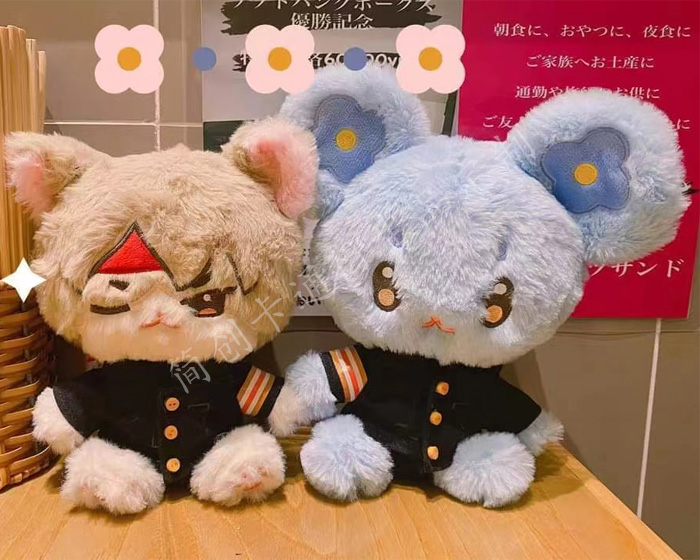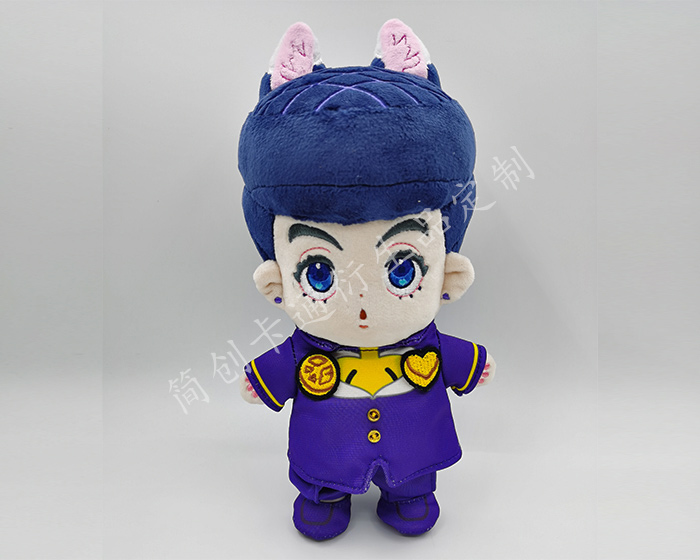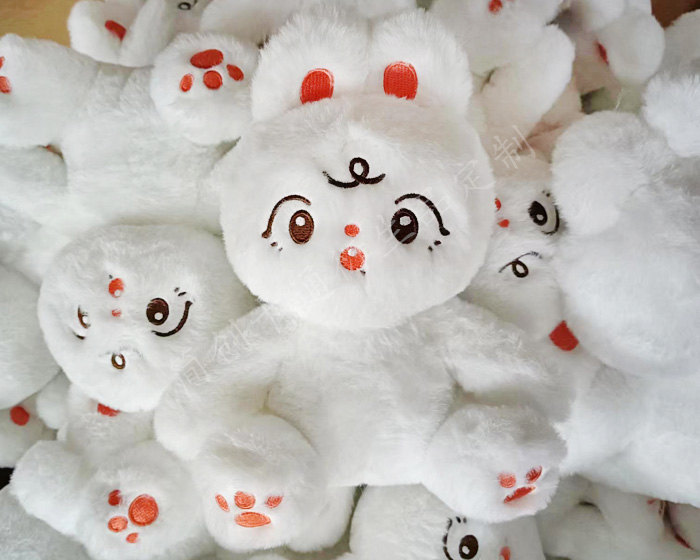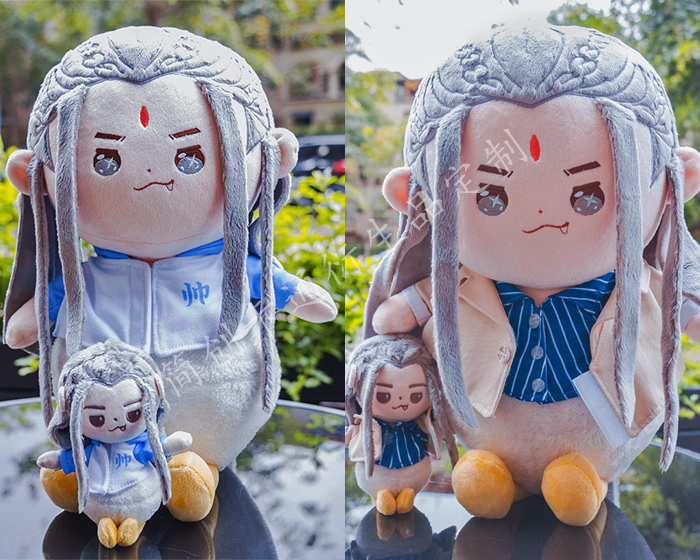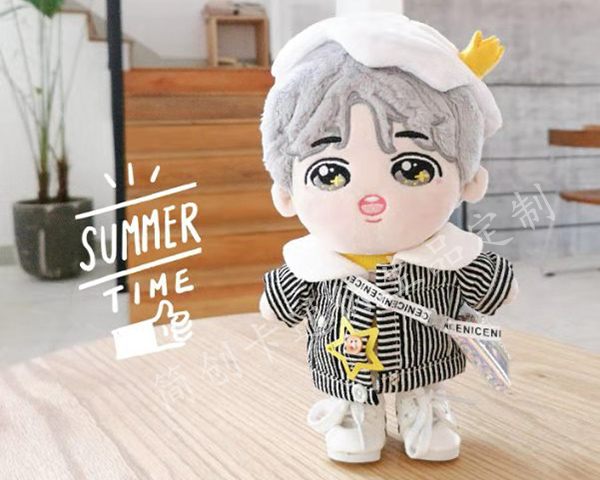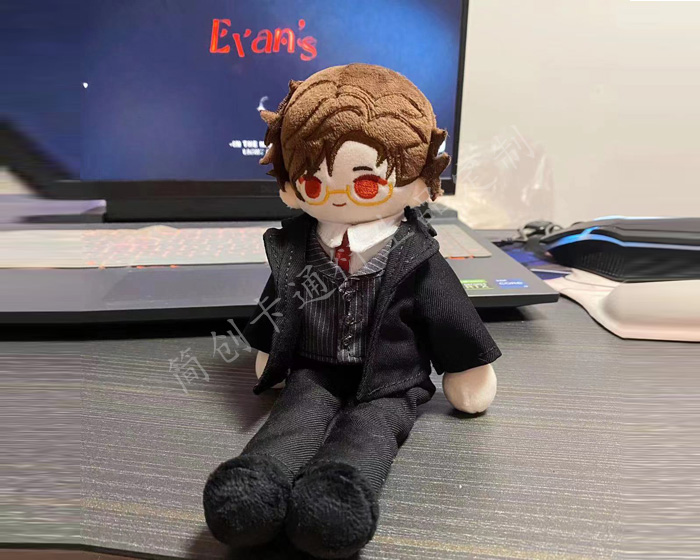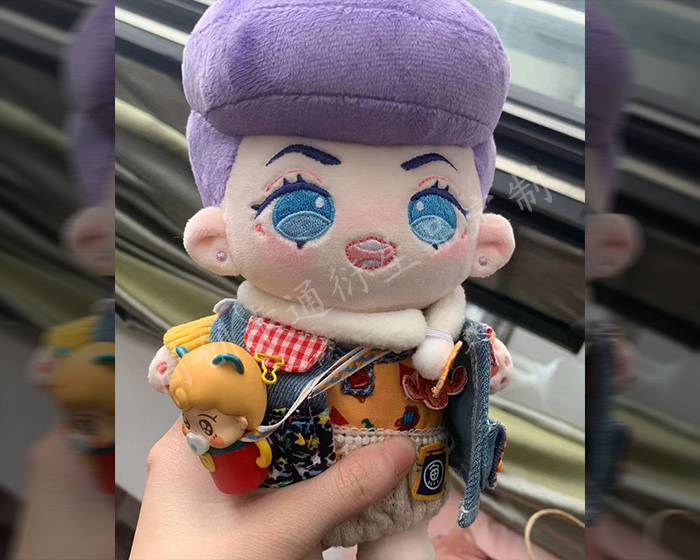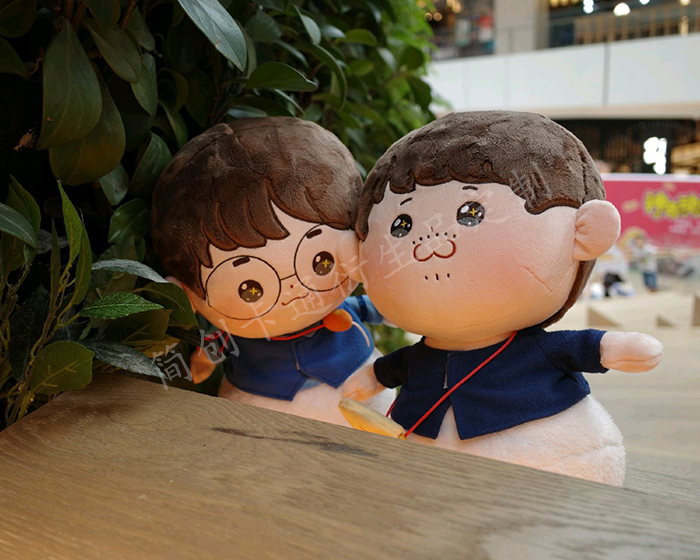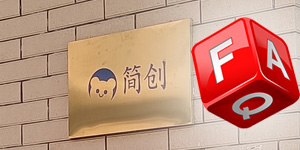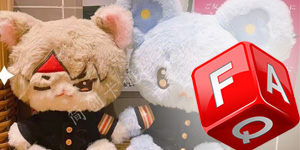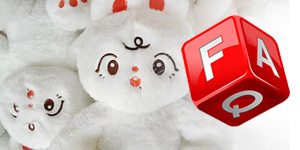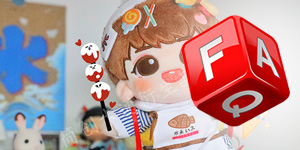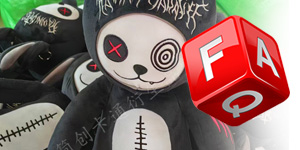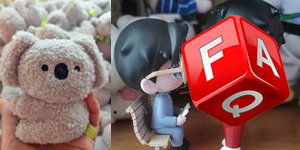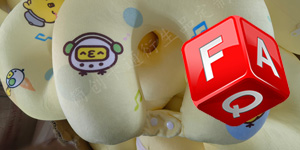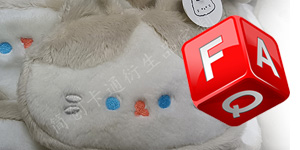The cost of a plush toy can vary significantly depending on several factors, including size, material quality, design complexity, brand reputation, and the manufacturing process. plush toys, also known as stuffed animals or soft toys, range from a few dollars to hundreds or even thousands for collectible or custom-made pieces. Understanding these cost determinants can help buyers make informed decisions and appreciate the craftsmanship involved.
1. Basic Plush Toys
At the lower end of the price spectrum, mass-produced plush toys can cost as little as $5 to $15. These toys are often made from polyester or synthetic fibers, and their designs are relatively simple. They are typically found in supermarkets, dollar stores, or as claw machine prizes. While affordable, their quality may not be as high, with less durable stitching and limited detailing.
2. Mid-Range Plush Toys
Plush toys in the $20 to $50 range are usually of better quality and often come from well-known brands like Gund, Build-A-Bear, or Jellycat. These toys are made with softer, more durable materials, such as premium microfiber fabrics, and feature intricate designs. They are often more aesthetically appealing, with detailed embroidery, vibrant colors, and additional accessories.
3. High-End and Collectible Plush Toys
For collectors or luxury shoppers, high-end plush toys can cost $100 or more. These toys may be part of limited-edition collections, collaborations with famous designers, or handcrafted pieces. Brands like Steiff, for example, produce collectible plush toys made from mohair or alpaca wool, with jointed limbs and certificates of authenticity. Some vintage or rare plush toys, especially those associated with popular franchises like Disney or Pokémon, can fetch thousands of dollars at auctions.
4. custom plush toys
Custom-made plush toys are another category where prices can vary greatly. Depending on the complexity of the design, size, and materials chosen, custom plush toys can cost anywhere from $50 to over $500. The price reflects the work of skilled artisans who bring a specific vision to life, often using high-quality materials and advanced techniques.
5. Factors Influencing Cost
-
Materials: Plush toys made from organic or hypoallergenic fabrics tend to be more expensive.
-
Design: Toys with detailed stitching, realistic features, or added functionality (like sound effects) cost more.
-
Brand: Renowned brands command higher prices due to their reputation and quality assurance.
-
Limited Editions: Scarcity and exclusivity significantly drive up the price of limited-edition plush toys.
Conclusion
The price of a plush toy reflects a combination of its quality, artistry, and brand value. While affordable options serve as great everyday gifts or decorations, higher-priced plush toys often appeal to collectors or those seeking unique, luxurious items. Ultimately, the choice depends on one’s budget and the purpose of the purchase.
The following are some examples of plush toys that our factory customizes for customers. Check out if there is one that you like best.
-
Custom Animal Plush
-
Cute Plush Doll
-
Custom Stuffed Animals
-
Plush Toy
-
Plush Dolls
-
Custom Stuffed Dolls
-
Custom Plush Toy
-
Cotton Dolls
-
Weighted Plush Toys
-
Cute Stuffed Animals
-
Custom Pet Stuffed Animal
-
Warmies Stuffed Animals
-
Weighted Stuffed Animal
-
Soft Toys
-
Plush Stuffed Doll
-
Custom Stuffed Dolls
-
Plush Maker
-
Bear Stuffed Toy
-
Anime Plush
-
Custom Stuffed Animal
-
Anime Plush
-
Custom Plush Toy
-
Personalised Stuffed Animal
-
Plush Animal Toys
-
Custom Plush Makers
-
Custom Plushies
-
Toy Manufacturer
-
Rag Doll Making
-
Custom Toys
-
Dog Plush Toys
-
Custom Rag Doll
-
Stuffed Animals
-
Custom Plush
-
Custom Plush Dolls
-
20cm Cotton Doll
-
Jojo Plush
-
Custom Doll
-
Jojo Doll
-
Large Plush Toys
-
15cm Cotton Doll
-
Dumpling Plush
-
Cotton Doll







